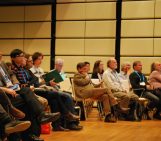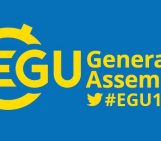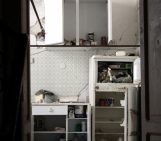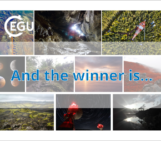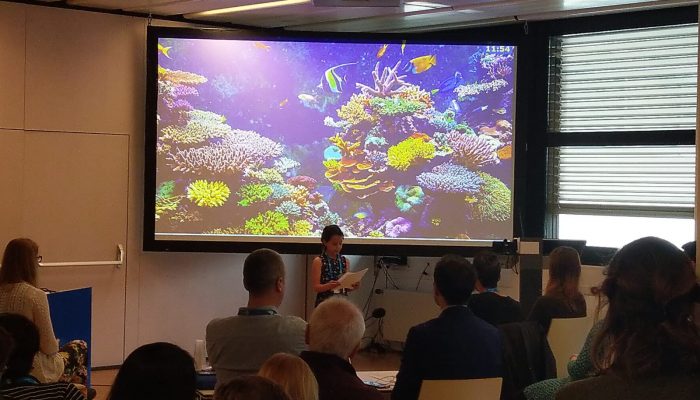
Lucie Parsons, a ten-year old girl from the small village of Walkington, in England, is on a personal mission to save the environment from plastic pollution. After seeing on the BBC Blue Planet II documentary how litter in the ocean is damaging ecosystems, she decided to take action. Now she gives talks and is co-researcher in her mother’s PhD on climate change and the youth voice. Lucie has come to the European Geosciences Union General Assembly in Vienna with her mother, Katie Parsons, to tell scientists that children want to be involved in addressing environmental issues.
Unless the flow of plastics and industrial pollution into the world’s oceans is reduced, marine life will be poisoned by them for many centuries to come.
David Attenborough, The Blue Planet II: Episode 4, BBC One
How did you learn about the impact of plastic pollution in the oceans and marine life?
L: Through Blue Planet. I saw an episode about a whale and her calf, and how the contamination poisoned the whale’s milk. When I saw that I got really, really upset so I wrote a poster about it. Then I asked my mummy and daddy to photocopy it so that I might be able to put it around the village. I read and watched documentaries to learn more, and I found out that it is a big problem. I wanted to do something about it.
So you started giving talks…
L: Katy Duke, the head of the [aquarium] Deep in Hull, got in touch with daddy because she saw my poster.
K: I tweeted Lucie’s poster to show what she had done after she was so moved by the documentary. The CEO of the Deep saw that and contacted us to ask if Lucie would like to give the opening talk at the European Union of Aquarium Curators Conference, which the Deep were due to host.
What do you tell people in your talks?
L: I have done two conferences and talks, also at schools. I have also been interviewed for the radio and profiled by the Earth Day Network. In my talks I basically tell people how bad the problem is, what it is doing to the animals and what they can do to help.
Here at the EGU General Assembly people were really touched by your presentation. Do you think your talks make people take action?
K: Gilles Doignon, from the European Commission for Environment, was really moved about what Lucie had said at the Deep. He promised her that he would get the aquariums to sign up to a plastic pledge.
L: And he managed to do it.
K: He said that, thanks to Lucie, thousands of turtles will be saved. This is where she got her inspiration from to carry on. If she can talk and say the things she has done, even if just one or two people do something about it, that creates a knock-on effect.
Why do you think children should be involved in the fight against climate change?
L: Children are the next generation; when they get older they will take over the work grown-ups have done. So they should start now. Children can do the same things as grown-ups, there is not really a difference with helping, you need to get as many people to help as you can get.
K: Getting schools and individual children involved in science will make it real and manageable, part of life. Otherwise much science ends up in dusty journals. We need people to live it and understand it.
Are grown-ups doing enough?
L: I think they should be doing a tiny bit more. They are not really focusing on the problem, not as much as I want them to.
You have talked to politicians before, why do you think it is important to talk to scientists also?
K: When Lucie was affected by Blue Planet she luckily had me and her dad to help her. But other children will have their passion stopped unless they have an adult who supports them. Some schools don’t do environmental education, it is not within many curriculums, and some parents might not carry on informing their children.
There is amazing science going on and some scientists who communicate get through to the children. There is a youth rising at the moment. Children are interested, they want to know and they want to be involved. But, how? Scientists have to continue feeding the information to the children and involve them in citizen science so they will carry on with that passion.
What can people do to help?
L: Inform other people, go on litter picks and map the areas where they found the litter to help prevent more litter. With my friends and my family, we have cleaned three areas so far in my village and we are mapping them to feed in the data about where we found the litter. Also, stop using single-use plastics.
Is there any other documentary, book or podcast you would recommend to people who want to learn about plastic pollution in the oceans?
L: Drowning in Plastic. We have watched about three quarters of that.
K: You are enjoying that, aren’t you?
L: Yes… Well, I wouldn’t say we are enjoying it.
Interview by Maria Rubal Thomsen, EGU Press Assistant

